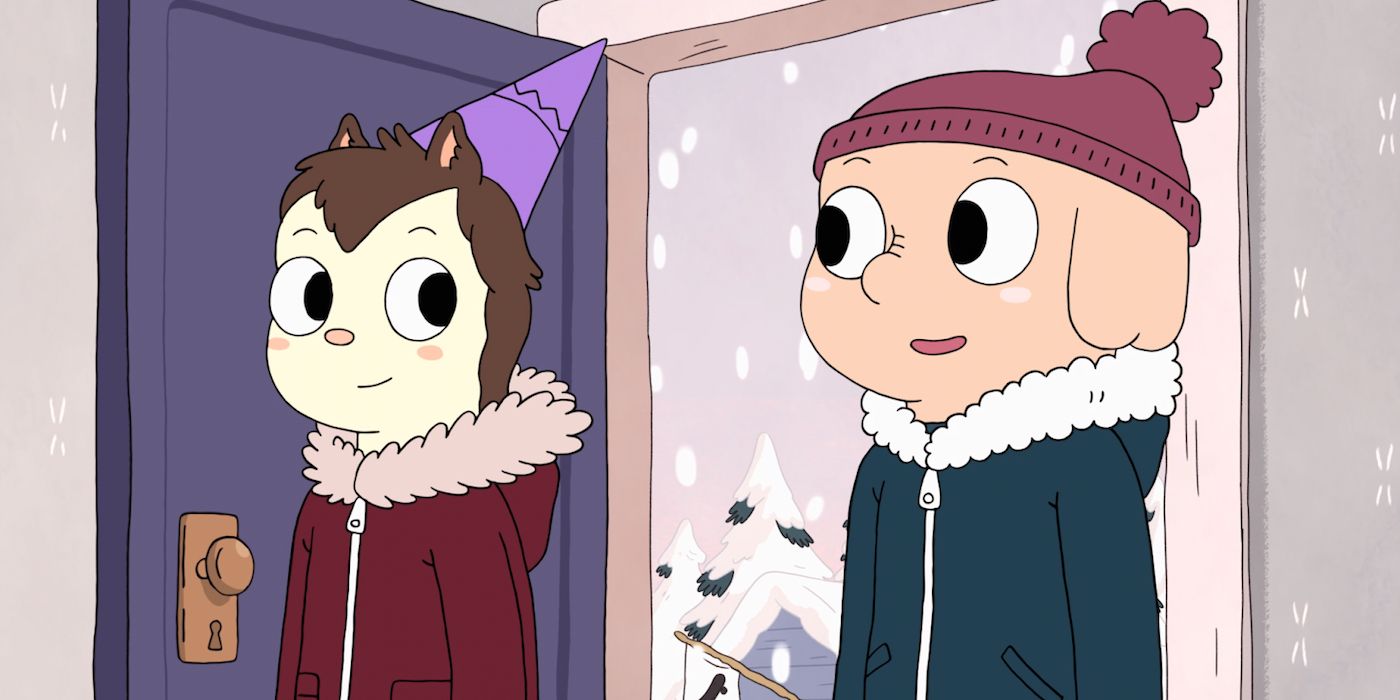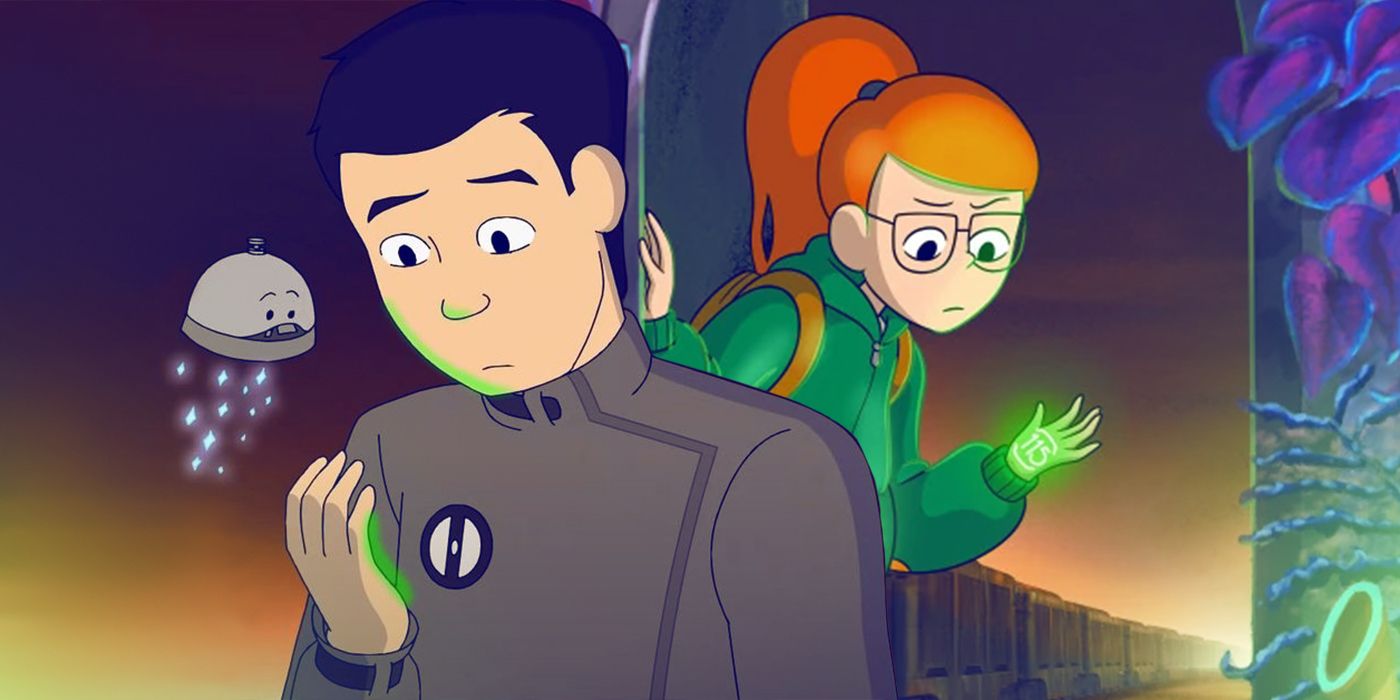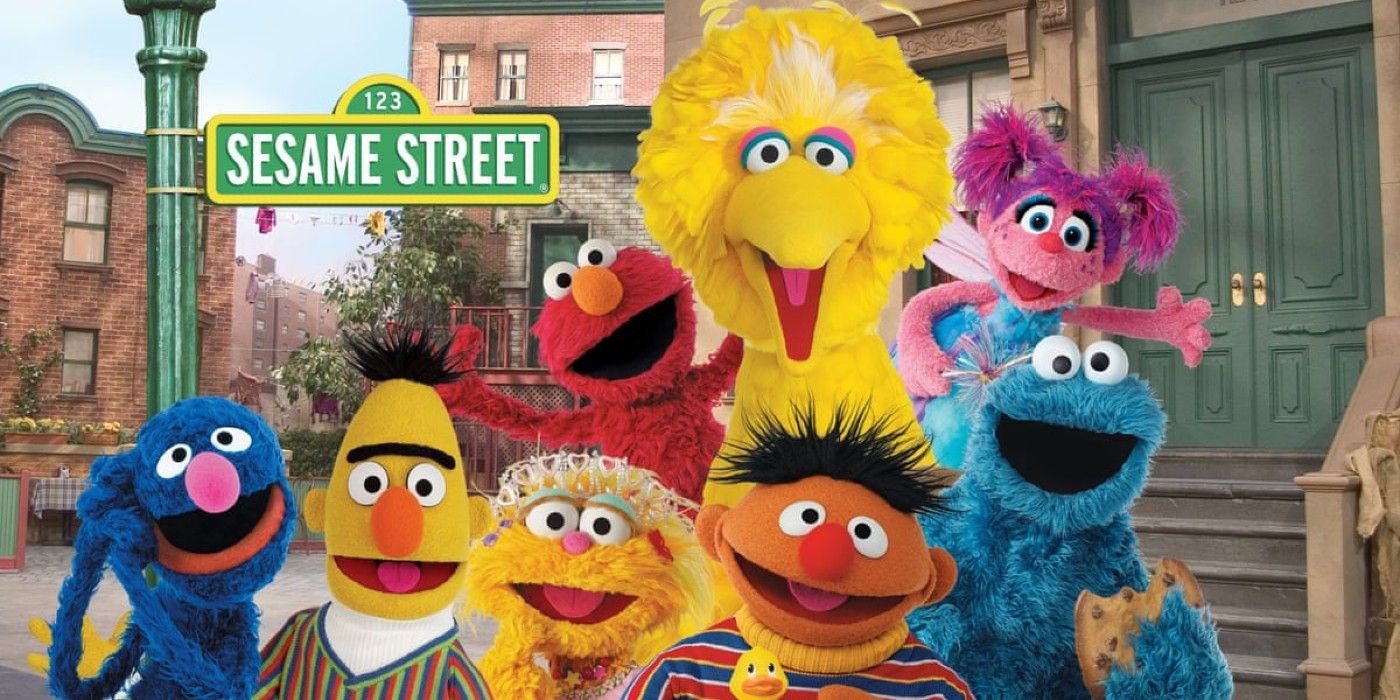If only CEOs enjoyed animation as much as they devour money. Months after Netflix made promises to cut back on animation and family-friendly shows following a poor start to the year, Warner Bros. Discovery has decided to do the same as the result of a merger between Discovery and Warner run by CEO David Zazlav.
They’ve already cut “costs” by scrapping films supposed to hit HBO Max this year like Batgirl and Scoob!, along with the announcement of removing 70 staff members. Now, they’re going after the animation department, removing more than 36 animated shows, some of which exclusively aired on the platform. Popular series like Infinity Train, Summer Camp Island, and OK K.O.! – Let’s be Heroes all disappeared seemingly overnight in a move most likely done to save residual costs along with canning an original film, Driftwood. They’re even shopping series – including a near reboot of Batman: the Animated Series – to other networks. The cuts come on the heels of animated series saving companies throughout the COVID pandemic by moving forward with production safely, but all that goodwill from studios apparently is not enough. The decisions feel like watching a dark episode of BoJack Horseman: yes, we’ve seen self-destruction happen before, but it’s always slightly different and even more crushing for most people involved — especially fans of animation.
Infinity Train creator Owen Dennis has shared a post via his Substack naming some reasons the company may have done so and, if true, this is an insidious move on Warner Bros. Discovery’s part. The series is also one of the most torched of the group, given that any mention of the show is gone from Cartoon Network’s social media page and YouTube channel – including the original pilot. They even removed the show’s original soundtrack. The cuts show such a disregard towards the depths of what these series can make. I’ve touched on Infinity Train before because it bears discussion, but I’m not alone. Fans have come out in droves to support the series when it was canceled because it’s unique, an anthology series that mixes light humor, talking corgi kings, and a super deer with contemplations about grief, divorce, and friendship — all while running through gorgeous fields, oceans, ball pits, or life-threatening monsters. The series mixed plots about individual characters with an overarching narrative with beautiful animation and lots of lore, and it focused on diverse leads and heavy subjects all in a palatable and mature manner. Infinity Train is an example of the best types of stories that can be told on television — and Warner executives decided it was okay to erase it. Well, most of it, it is still available to rent on iTunes and Amazon for now, but for how long? But Dennis is not the only creator hurt here. One of his peers, Regular Show's J.G. Quintel, is also seeing an era of his work removed.
Think about it like this: a generation of young people grew up laughing at Regular Show. They loved the absurd situations as children and then, maybe years later, revisited the series from an older perspective, recontextualizing it as a depiction of early adult life. They then enjoyed Quintel’s next series, Close Enough, which does the same but for a slightly older audience — and now it’s gone. Saying that a show like Regular Show or any other series only appeals to kids removes the discussion about the hundreds of people who work on these shows and the craft it takes to animate every frame of every scene.
Quintel’s series being cut is very questionable, given what he and his team have given to Warner and Cartoon Network. Regular Show stood as a pillar of the network’s animated catalog for a good portion of the 2010s, even spinning off into a film. You would think that a second series from that person would give a creator more leeway – especially with Close Enough being well-received. Canceling and then removing the exclusive series from the streamer altogether gives off the message that Warner Brothers does not care for anyone or their work. Imagine what that says for other creatives trying to find a home for their work. Decisions like this could cost Warner and other networks more amazing ideas.
It also is taking a tear to the Cartoon Network Brand. I’ll admit I have not watched every episode of Uncle Grandpa or Ok K.O. aside from crossover episodes, but you can see the appeal. Even trying to pair it with Steven Universe, Uncle Grandpa has a frenetic energy that can light up the room in the right setting. Creator Peter Browngardt made a show that broke whatever boundaries for animation it wanted. Maybe it was not everyone’s cup of tea, and it does not have the same following as other CN series, but it seems like an enjoyable show.
K.O., Ian Jones-Quartey’s series about a kid, growing up in a world of heroes is bursting with ingenuity. The animation jumps off the screen with fun expressions and the writing is quick and light on its feet with jokes and character. Not to mention the fantastic accompanying score, slight subversions to hero tropes present in the first episode, and just the joy present through the voice acting and the animation. Even looking at a few episodes suggests that Ok K.O – Let’s Be Heroes is a labor of love for anyone who enjoys storytelling.
Viewers of all ages can get something out of media. Sesame Street has been doing so for decades, teaching a diverse audience of kids how to read and be kind while also providing laughs for adults with a feud between Elmo and a rock. And yet even Sesame Street – a pillar of American pop culture – is not safe from corporate cuts. About 200 episodes of the series – mostly older episodes – have been removed from the record. That’s just under a third of the show struck from their service, unavailable for rewatch on the service (Sesame Street did post their episodes to YouTube in response). Again, that’s a show made to help underprivileged children learn and adults engage with their kids at the same time, and it provided a useful archive for hundreds of hours of television. This coming at the same time that the well-liked Gordita Chronicles got canceled – a show which showcased a positive portrayal of the Latino community – is fairly chilling.
The same goes for animation. Just look at all the queer animators working on the series. Jones-Quartey is one of the few Black animators to create a show for Cartoon Network. Victor and Valentino showcase aspects of Mesoamerican culture. If anything, these cuts show how quickly a series can evaporate into thin air from streaming services. Who knows what’s to come of several projects being planned at HBO Max or Cartoon Network or Warner (like the Adventure Time spin-off Fiona and Cake) or future seasons of established shows? If Sesame Street is not sacred, then it’s hard to argue anything in this sphere is safe. Per usual, the people most hurt by these decisions are the creatives trying to jump into the industry, the upset people at Warner Media confused by the decisions, and the fans and young audiences that will not have the same experiences viewing these series in the future.



